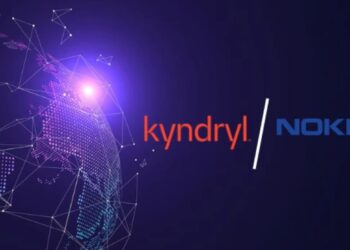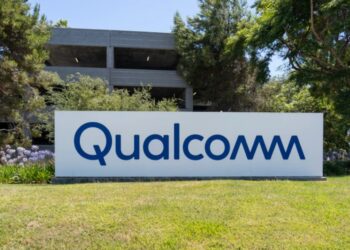In a surprising strategic shift, Meta Platforms is reportedly exploring partnerships with rivals Google and OpenAI to integrate their advanced AI models into its own applications. The news, based on a report from The Information, suggests that leaders within Meta’s newly formed AI organization, Meta Superintelligence Labs, have been in discussions to leverage external models to power some of the company’s AI features.
According to the report, Meta has considered using Google’s Gemini model to enhance the conversational capabilities of its primary chatbot, Meta AI. Furthermore, discussions have included the possibility of using OpenAI’s models to bolster AI features across Meta’s core social platforms, including Facebook, Instagram, and WhatsApp. This move is seen by analysts as a pragmatic approach to the highly competitive AI arms race, allowing Meta to rapidly deploy new, powerful features for users while its own models continue to develop.
A Meta spokesperson, in a statement, confirmed the company’s “all-of-the-above” approach to AI development, which includes “building world-leading models ourselves, partnering with companies, as well as open sourcing technology.” This statement aligns with the report’s assertion that any such deals would likely be temporary, serving as a bridge until Meta’s own next-generation model, Llama 5, is ready to compete head-on with rivals like Gemini and GPT.
The report highlights that Meta has already integrated external AI models into its internal tools; for example, employees use Anthropic models for a coding assistant. This internal precedent lends credibility to the idea of using third-party models in consumer-facing products. For a company that has invested billions into its own AI research—aggressively hiring top talent and creating its Superintelligence Labs—this consideration of external partnerships underscores the urgency and high stakes of the current AI landscape. The company’s push to build its own technology remains a priority, but this new approach demonstrates a willingness to collaborate to avoid falling behind in a rapidly evolving market.
















